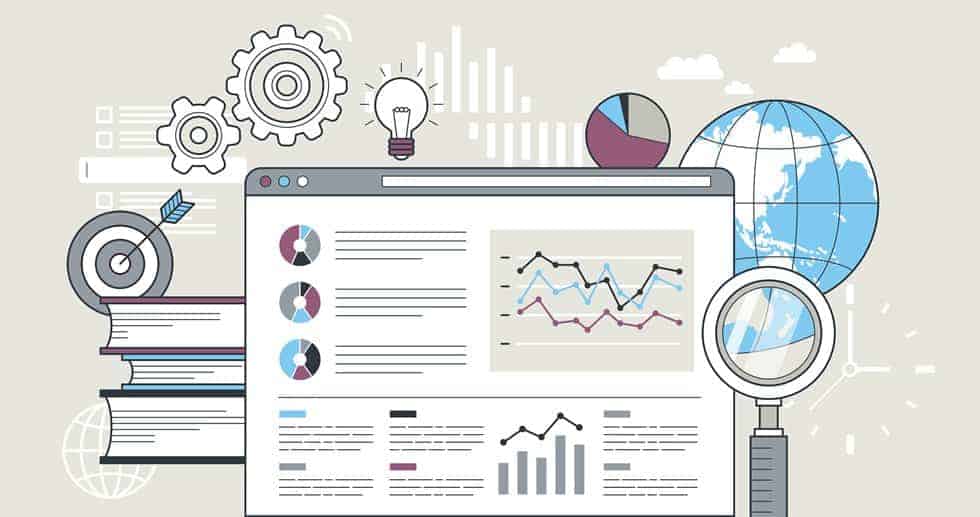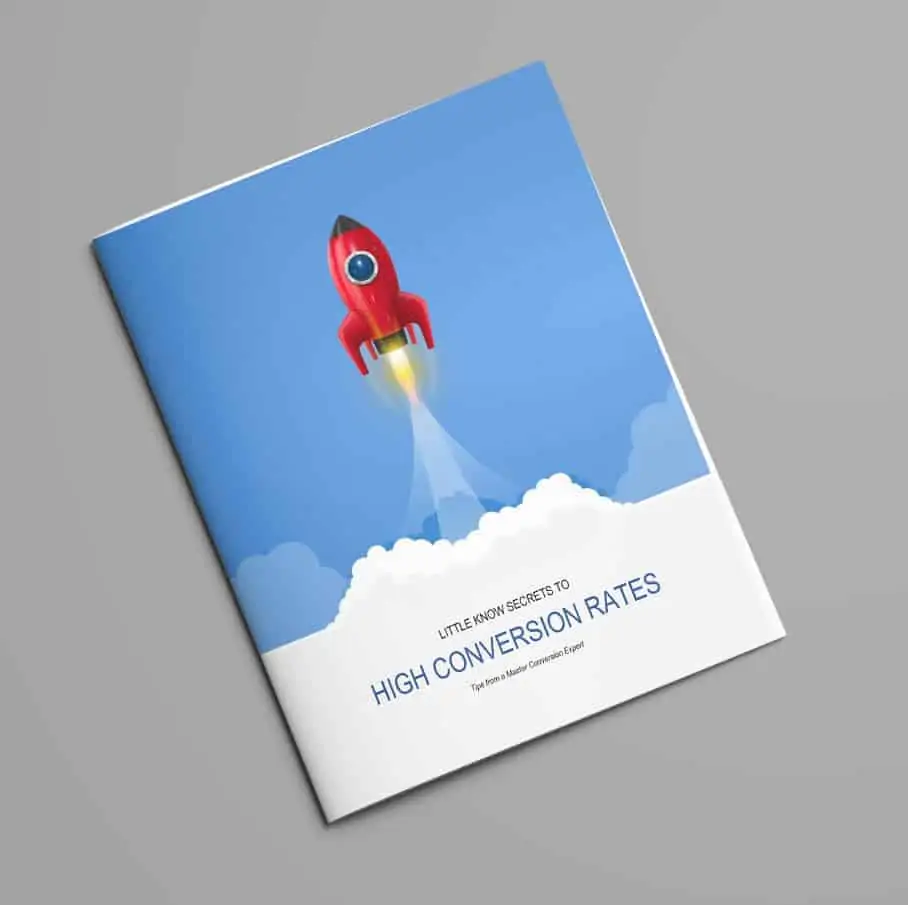Digital marketing is the process of promoting products, services, or brands using digital technologies. It includes a wide range of activities that utilize digital channels to connect with customers, including email marketing, social media advertising, search engine optimization (SEO), pay-per-click (PPC) advertising, content marketing, influencer marketing, and many more.
The goal of digital marketing is to reach and engage with potential customers, build brand awareness, drive website traffic, and generate leads and sales.
Give Yourself an Advantage
One of the most significant advantages of digital marketing is its ability to reach a massive audience quickly and efficiently. Unlike traditional marketing methods, which often require a lot of time, effort, and resources to reach a limited audience, digital marketing can be scaled up or down to reach any size of audience, anywhere in the world. For example, social media platforms such as Facebook, Instagram, Twitter, and LinkedIn have billions of users who can be targeted with highly relevant and personalized ads based on their interests, behaviors, and demographics.
Another advantage of digital marketing is its ability to measure and track results accurately. With traditional marketing methods, it can be difficult to track the success of a campaign, but with digital marketing, it’s possible to measure and analyze data in real-time. Marketers can track website traffic, email open rates, click-through rates, conversion rates, and other metrics that help them understand the performance of their campaigns and optimize them for better results.
Primary Methods of Digital Marketing
One of the most popular forms of digital marketing is search engine optimization (SEO). SEO is the process of optimizing a website’s content and structure to rank higher in search engine results pages (SERPs) for relevant keywords. The higher a website ranks, the more visible it is to potential customers, and the more traffic it receives. SEO is a long-term strategy that requires a lot of effort and expertise, but the rewards can be significant, with businesses seeing a steady stream of organic traffic and leads over time.
Pay-per-click (PPC) advertising is another popular form of digital marketing. PPC involves placing ads on search engine results pages or social media platforms and paying each time someone clicks on the ad. The key to successful PPC advertising is to create highly targeted ads that resonate with your audience and drive clicks and conversions. Google Ads and Facebook Ads are two of the most popular PPC advertising platforms, offering businesses a wide range of targeting options and ad formats to choose from.
Email marketing is another important aspect of digital marketing. It involves sending marketing messages, newsletters, and promotional offers to a list of subscribers who have opted-in to receive communications from your brand. Email marketing is a highly effective way to build and maintain relationships with customers, drive repeat business, and generate leads and sales. The key to successful email marketing is to create high-quality, engaging content that resonates with your audience and drives them to take action.
Content marketing is another essential component of digital marketing. It involves creating and distributing valuable, informative, and engaging content that attracts and engages potential customers. Content marketing can take many forms, including blog posts, videos, infographics, eBooks, webinars, podcasts, and more. The aim of content marketing is to provide value to your audience, establish your brand as a thought leader in your industry, and ultimately drive traffic, leads, and sales.
Influencer marketing is a relatively new but rapidly growing area of digital marketing. It involves partnering with influential individuals or organizations in your industry to promote your brand, products, or services to their followers. Influencers can help to increase brand awareness, drive traffic, and generate leads and sales, especially when they have a highly engaged and loyal audience that trusts their recommendations.
Social media marketing has become an essential part of modern business, and its benefits cannot be overemphasized. Social media platforms such as Facebook, Instagram, Twitter, LinkedIn, and TikTok offer businesses a wide range of opportunities.
- Increased brand recognition: By consistently posting relevant content and engaging with your audience, you can increase your brand’s visibility and recognition on social media. As more people see and interact with your content, your brand’s name and logo become more familiar, which can lead to increased brand recognition and loyalty.
- Improved customer insights: Social media platforms provide businesses with valuable insights into their customers’ behaviors, preferences, and opinions. This information can be used to improve customer service, identify new market opportunities, and tailor marketing campaigns to specific target audiences.
- Cost-effective advertising: Compared to traditional advertising methods, social media marketing is generally more cost-effective. Social media advertising platforms like Facebook and Instagram provide businesses with the ability to reach highly targeted audiences for a fraction of the cost of traditional advertising methods.
- Increased website traffic: social media can be an excellent source of website traffic. By including links to your website in your social media posts, you can drive traffic to your site and increase the chances of converting those visitors into customers.
- Improved search engine rankings: Social media signals can influence search engine rankings, meaning that a strong social media presence can improve your website’s ranking in search engine results pages (SERPs).
- Improved customer engagement: social media provides a platform for businesses to engage with their customers in real-time. By responding to customer comments, questions, and concerns, businesses can build stronger relationships with their customers, improve customer satisfaction, and increase customer loyalty.
By leveraging digital marketing strategies, businesses can improve their brand recognition, gain valuable customer insights, reach highly targeted audiences, increase website traffic, improve search engine rankings, and build stronger relationships with their customers.
Digital marketing statistics:
- According to eMarketer, global digital ad spending is expected to reach $389 billion in 2021, a 17.7% increase from 2020.
- The average click-through rate (CTR) for a Facebook ad in the US is 1.6%, while the average conversion rate is 9.21%, according to WordStream.
- According to a survey by HubSpot, 64% of marketers actively invest time in search engine optimization (SEO).
- According to a survey by Statista, 59% of consumers prefer personalized ads, while 71% of consumers get frustrated with impersonalized experiences.
- In 2021, the average email open rate across all industries is 17.8%, while the average click-through rate is 2.6%, according to Campaign Monitor.
- Social media continues to be a popular marketing channel, with 90.4% of Millennials, 77.5% of Generation X, and 48.2% of Baby Boomers using social media, according to Hootsuite.
- In 2021, the average cost per click (CPC) for a Google Ads campaign is $2.69 on the search network and $0.63 on the display network, according to WordStream.
- Data shows the average CTR for Google ads is 2%. Anything over that is considered above average.
- Google estimates for every $1 a business spends on Google Ads, they receive $8 in profit through Google Search and Ads.





